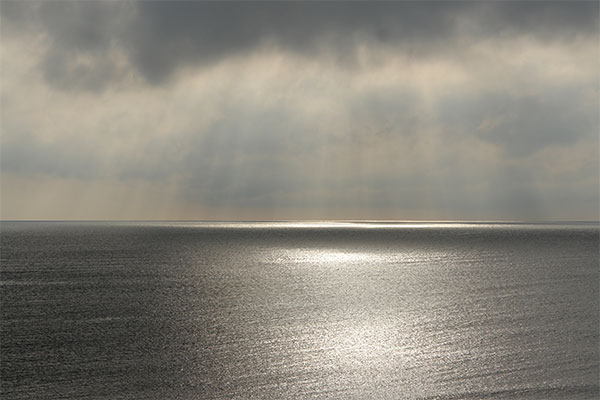It is unfortunate that the phrase “born again” has come to be associated with a particular kind of Christianity generally known for its belief in biblical inerrancy, its literal interpretation of scripture, its condemnation of our LGBT sisters and brothers, and its entrenchment in right wing politics.
The phrase occurs in John 3:3 where Jesus tells Nicodemus, “No one can see the kingdom of God unless one is born again.”
The word translated “again” also means “above” and is so translated in the New Revised Standard Version. The Gospel writer probably intended this double meaning. To be born from above does not mean that God sweeps down from the sky to invade our lives. It is simply another way of talking about being “born of the Spirit” (John 3:8), who like the wind cannot be managed or manipulated.
Fundamentalists literalize this image. They turn the “kingdom of God” into heaven and claim that unless one has a new birth experience, which they usually associate with believing the right doctrines, one cannot enter heaven or know God in a personal way.
Actually, to “see the kingdom of God” is just another way of talking about experiencing and participating in the dynamic reality of God’s life and will. John also calls this “eternal life,” which he contends is the present possession of disciples of Christ (3:15-16). Scholars of John call this “realized eschatology,” which is just a fancy way of saying that John puts the emphasis on interacting and engaging in God’s life and work right now – in this world – rather than in the afterlife. John by no means denies the afterlife, but the emphasis is on being in relationship and partnership with God in the present.
Hence, being born anew relates to this life, not the one to come. But what does this image mean?
I have found it helpful to think of being born again alongside another image John employs in narrating Jesus’ conversation with the woman of Samaria, namely, “living water.” Jesus says that the water he imparts becomes a “spring of water gushing up to eternal life” (John 4:14). This metaphor applies not only to the woman, but to all of us willing to listen to Jesus as the living Christ.
One can think of being born again as a clearing away of all the debris and obstacles so that the dynamic energy, love, compassion, and nonviolent power of God (the Spirit) can flow unhindered in us and through us into the world.
And while the Spirit is like wind – it cannot be controlled – it can be channeled through our personal lives and faith communities.
Our job is to get rid of the clutter that dams up the flow of living water. So if we want to know and share in the aliveness of God then our pride, prejudice, resentment, hate, and lack of forgiveness will have to go. We can’t keep replaying our painful grievance stories over and over. We will need to turn from our selfish preoccupations and interests because the kingdom (read as kin-dom) of God, as we use to sing in Sunday School, is deep and wide.
If we do this once, we will have to do this a thousand times. Eternity is now. Today is the day of salvation – the day for healing and transformation. We are on a journey that calls for reassessment, repentance, clearing away the debris and letting go every day.
If someone should ask me: “Have you been born again?” I will say: “Yes, I have been born again … and again and again and again. And tomorrow? Yes, I will once again need to be born again.”
This is a powerful image. Isn’t it time we reclaim it from the fundamentalists? What do you think?
 Chuck Queen is a Baptist minister and the author of Being a Progressive Christian (is not) for Dummies (nor for know-it-alls): An Evolution of Faith. Chuck blogs at A Fresh Perspective, and is also a contributor to the blog Faith Forward.
Chuck Queen is a Baptist minister and the author of Being a Progressive Christian (is not) for Dummies (nor for know-it-alls): An Evolution of Faith. Chuck blogs at A Fresh Perspective, and is also a contributor to the blog Faith Forward.

Leave a Reply